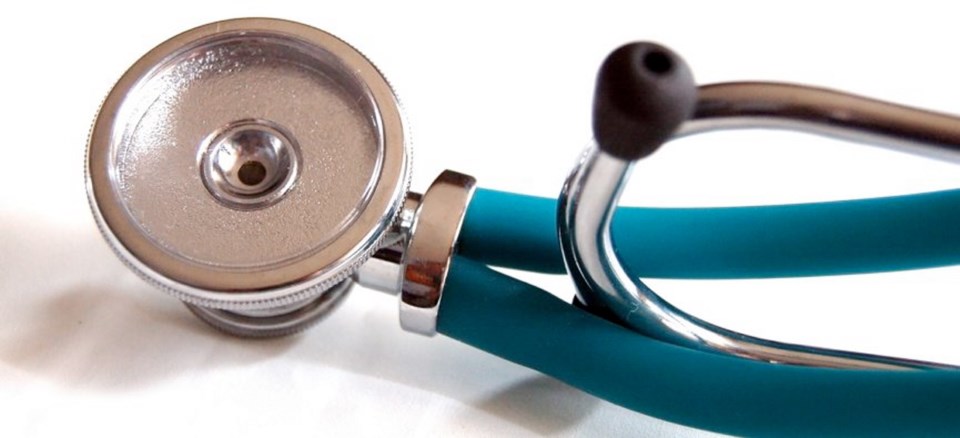How many males would like to see their genitals shrink so it’s impossible to have sex? I bet not many. Today, the term erectile dysfunction has lost its stigma and become familiar. Tens of thousands of males find solace in ED drugs.
But what about women in their 40s and later years who suffer from more than a headache when sex is mentioned? This is where equality of the sexes is sadly lacking.
Maurice Chevalier used to say “Vive la difference” about sex. But this difference presents problems at menopause for both sexes. For males, menopause is less abrupt, but they can suffer from fatigue, insomnia, grumpiness, problems at work and ED.
For females, the onset of hot flushes and emotional upheaval can be abrupt and incapacitating. I recall one patient, a school principal, who never complained of anything in my office.
But one year at her annual checkup, she suddenly began weeping, saying she had lost control and needed help. A couple of weeks later, after estrogen treatment, she was back to normal.
The emotional toll of menopause for women is one thing. But the physical trauma can also be debilitating, all for the lack of estrogen. The female hormone normally not only subdues hot flushes and sweating, but is also needed to ensure a healthy vaginal lining.
Years ago, sensational newspaper headlines linked the use of estrogen to breast cancer and stroke, so many doctors stopped prescribing it. I remember writing a column years ago complaining of cardiologists who advised my patients to stop vaginal estrogen. I suggested they would fire any mechanic who failed to open the hood of their cars to see what was wrong with the motor. Yet they were taking my patients off estrogen without doing a pelvic examination.
Studies show that once menopause begins and estrogen is diminished, many women start to show vaginal atrophy within six to 12 months. Doctors refer to this thinness of the vaginal lining as atrophic or senile vaginitis.
The severity of the problem depends on the individual patient and the amount of estrogen loss. Pelvic examination reveals a thin vaginal lining that looks as if it has been rubbed with sandpaper. And in advanced cases, the lining becomes so atrophic that small ulcers occur, causing bleeding.
Estrogen is also needed to keep the lower part of the urinary bladder and urethra (the tube that carries urine to the outside) healthy. As in the vagina, the lack of estrogen causes degeneration of muscle and connective tissue, resulting in thin urinary lining. This can trigger recurrent urinary infections and cause annoying urinary loss.
On occasion, severe senile vaginitis can cause “introital stenosis,” a condition of decreased diameter and length of the vagina. This puts an end to sexual intercourse.
Senile vaginitis is one of the most overlooked problems in gynecology. Many women are too embarrassed to mention sexual problems to their doctor and doctors are reluctant to do a pelvic examination.
What usually happens is that women continue to suffer pain during sexual intercourse. They may obtain temporary relief from vaginal moisturizing creams. But the best speedy cure is vaginal estrogen. Fortunately, several creams, tablets and hormone-releasing vaginal rings are available.
What is the risk of vaginal estrogen treatment? Years ago, I interviewed many professors of gynecology, including the Queen’s gynecologist, and none was aware of a link between normal dosage and cancer.
Remember, too much of anything can be a problem. Consequently, high continued doses, which are not required, might stimulate the uterine lining, a possible prelude to a malignancy.
But I’ve seen too many grateful patients over the years to consider withholding the treatment of vaginal estrogen. Some postmenopausal women have been unable to engage in sex for 10 or more years when this problem could have been cured in a matter of weeks.
I reminded doctors during a lecture years ago that Engelbert Humperdinck, or recent rock stars, could not sing with a sore throat. Neither can women enjoy sexual intercourse with an inflamed, sore vagina.
Online: docgiff.com. For comment: [email protected]

